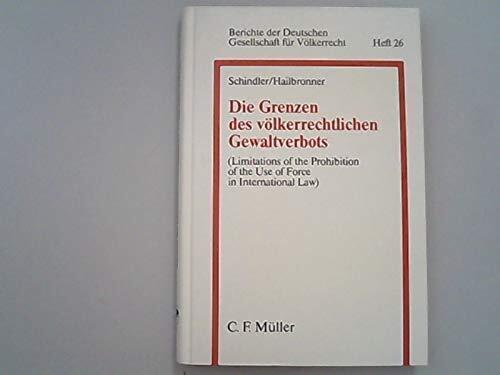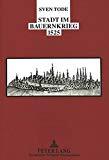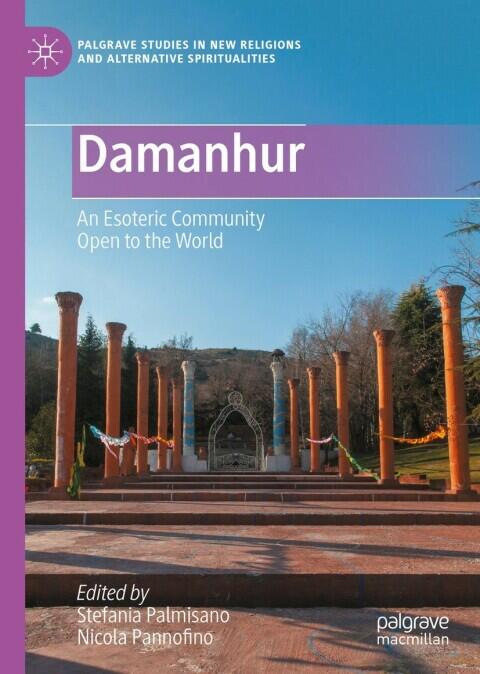
Deutsche Besatzungsverwaltung in Lettland 1941-1945. Eine Kommunikations- und Kulturgeschichte nationalsozialistischer Organisationen
by
Sven Jüngerkes
No ratings yet
Action & Adventure
Format
Paperback
Pages
575
Language
German
Published
Jan 1, 2010
Publisher
UVK
ISBN-10
3867642702
ISBN-13
9783867642705
Description
Sven Jüngerkes delves into a crucial yet often overlooked chapter of history, focusing on the German occupation of Latvia between 1941 and 1945. Through meticulous research, he examines the intricate web of communication and cultural exchanges orchestrated by Nazi organizations during this tumultuous period. The narrative explores how these entities influenced the lives of everyday Latvians, shaping their experiences under occupation with a mix of propaganda, coercion, and cultural interaction.
Jüngerkes not only highlights the roles played by various bureaucratic and military organizations but also sheds light on the local responses and adaptations to the German presence. This multifaceted examination offers a fresh perspective on the dynamics of power, resistance, and collaboration, revealing how occupiers and the occupied navigated their complex realities.
With an emphasis on both institutional practices and personal stories, this work serves as a significant contribution to understanding the cultural history of occupied territories during World War II, providing valuable insights into the broader implications of occupation and governance.
Jüngerkes not only highlights the roles played by various bureaucratic and military organizations but also sheds light on the local responses and adaptations to the German presence. This multifaceted examination offers a fresh perspective on the dynamics of power, resistance, and collaboration, revealing how occupiers and the occupied navigated their complex realities.
With an emphasis on both institutional practices and personal stories, this work serves as a significant contribution to understanding the cultural history of occupied territories during World War II, providing valuable insights into the broader implications of occupation and governance.
Reviews
Reading Log
No reading logs found
Start tracking your reading progress to see logs here
Add Your First Reading LogNotes
Transaction Log
No transaction logs found
Start tracking your book transactions to see logs here
Add Your First Transaction Log


















